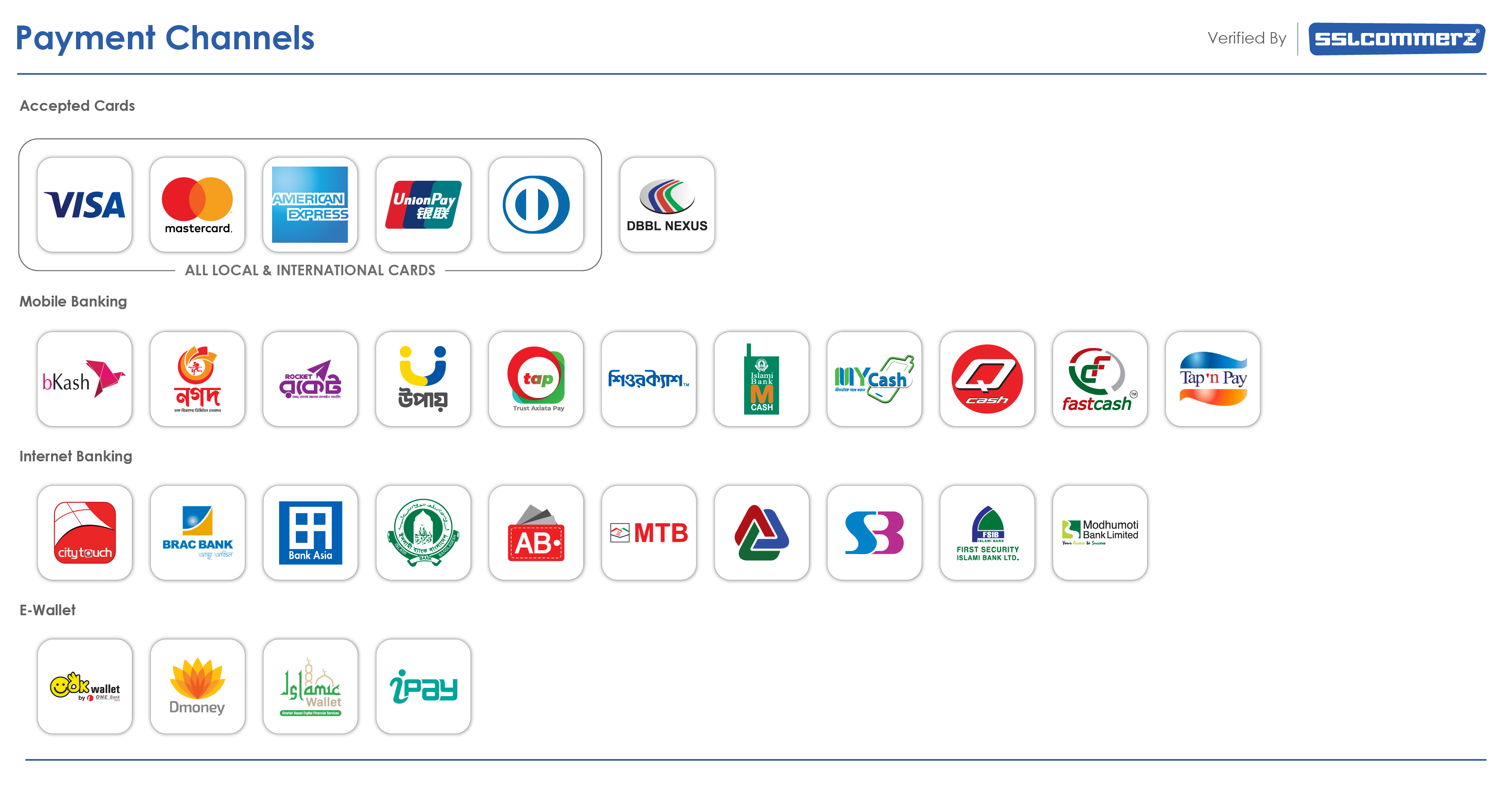Data is among the most valuable assets of today’s businesses, yet it’s not fully utilized because companies are hesitant to share it. Sharing business data can bring many advantages for financial gain. It can help you make better decisions improve operational efficiency, and generate new revenue streams. However, the standard process of moving large files between systems is cumbersome and long-lasting, making it difficult to scale up data sharing.
Traditionally, companies had to manually prepare and upload data to a platform for use by other organizations. This was costly and time-consuming. It was also prone to mistakes. This was especially problematic when data sets were complicated or large, since the process of conversion to usable formats was a major difficulties.
Sharing data with partners could improve the process of making decisions and innovating while also encouraging transparency and a culture of collaboration that could create huge value for both parties. It can reduce costs, improve the quality of products and services and improve efficiency.
Data sharing can give you an advantage over competitors by enabling them to develop innovative products such as services, products, or technologies that address unmet market needs. Collaboration with business partners from outside and startups can aid in research and development (R&D) activities, enabling businesses to stay ahead the competition by offering innovative solutions that meet actual consumer demands.
A well-planned data sharing strategy can also improve the relationship between an organization and its customers, by building trust and loyalty. These are two crucial factors for a successful business. Therefore, it is essential to inform customers to let them know about any changes to practices for sharing or collecting data and to seek their consent for the changes prior to their taking effect.
http://ofboardroom.com/nonprofit-board-roles-and-responsibilities

